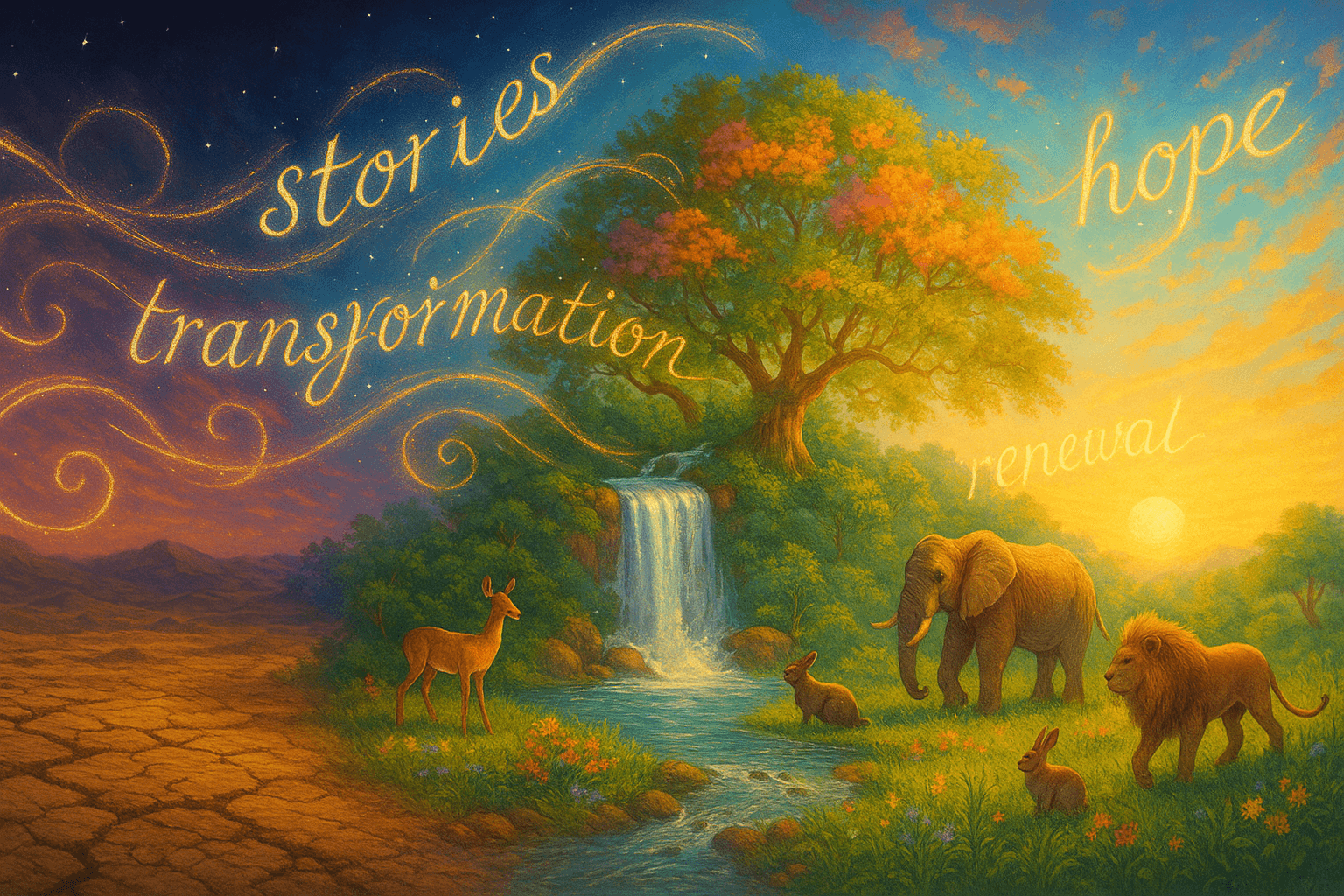The Power of Storytelling in Shaping Societies

Those who tell stories rule the world. — Hopi Proverb
—What lingers after this line?
One-minute reflection
What does this quote ask you to notice today?
The Universality of Storytelling
From ancient fireside gatherings to contemporary digital platforms, storytelling has been a constant in human civilization. This Hopi proverb highlights the profound influence that stories wield across cultures and epochs, suggesting that those who craft and share narratives hold a unique power to shape beliefs and behavior. As seen in Homer’s oral epics, or even folktales passed through generations, storytelling forms the backbone of cultural identity.
Storytellers as Custodians of Memory
Moving from universality to function, stories often serve as vessels for collective memory. They preserve traditions, values, and histories that might otherwise fade with time. For example, in Chinua Achebe’s novel 'Things Fall Apart' (1958), oral traditions are depicted as the heartbeat of Igbo society—guarding wisdom and ensuring survival. Such narrators are not mere entertainers but custodians who safeguard a community’s essence.
Influence Over Hearts and Minds
The transition from preservation to influence is subtle yet powerful. Stories have the ability to sway emotions and mold perspectives. Political leaders, advertisers, and activists alike use narrative techniques to inspire loyalty, spark change, or challenge norms. Abraham Lincoln, famously moved by Harriet Beecher Stowe’s 'Uncle Tom’s Cabin' (1852), acknowledged the novel’s role in influencing attitudes toward slavery—demonstrating the political agency of storytelling.
Shaping Cultural and Social Realities
Beyond individual persuasion, stories collectively define what a society values or rejects. Consider the role of national myths in unifying people—America’s Founding Fathers crafted a narrative of liberty and opportunity, while classical Greek tragedies taught lessons about hubris and justice. Through shared narratives, communities establish their boundaries, aspirations, and ultimately, their destinies.
The Storyteller’s Responsibility
Finally, with such power comes great responsibility. Storytellers shape not only the worldviews of listeners but also future paths for societies. Modern journalists, filmmakers, and influencers must recognize the weight their stories carry. Misleading or divisive narratives can sow discord, while truthful and compassionate storytelling can foster understanding and unity—reminding us why, as the proverb suggests, those who tell stories truly rule the world.